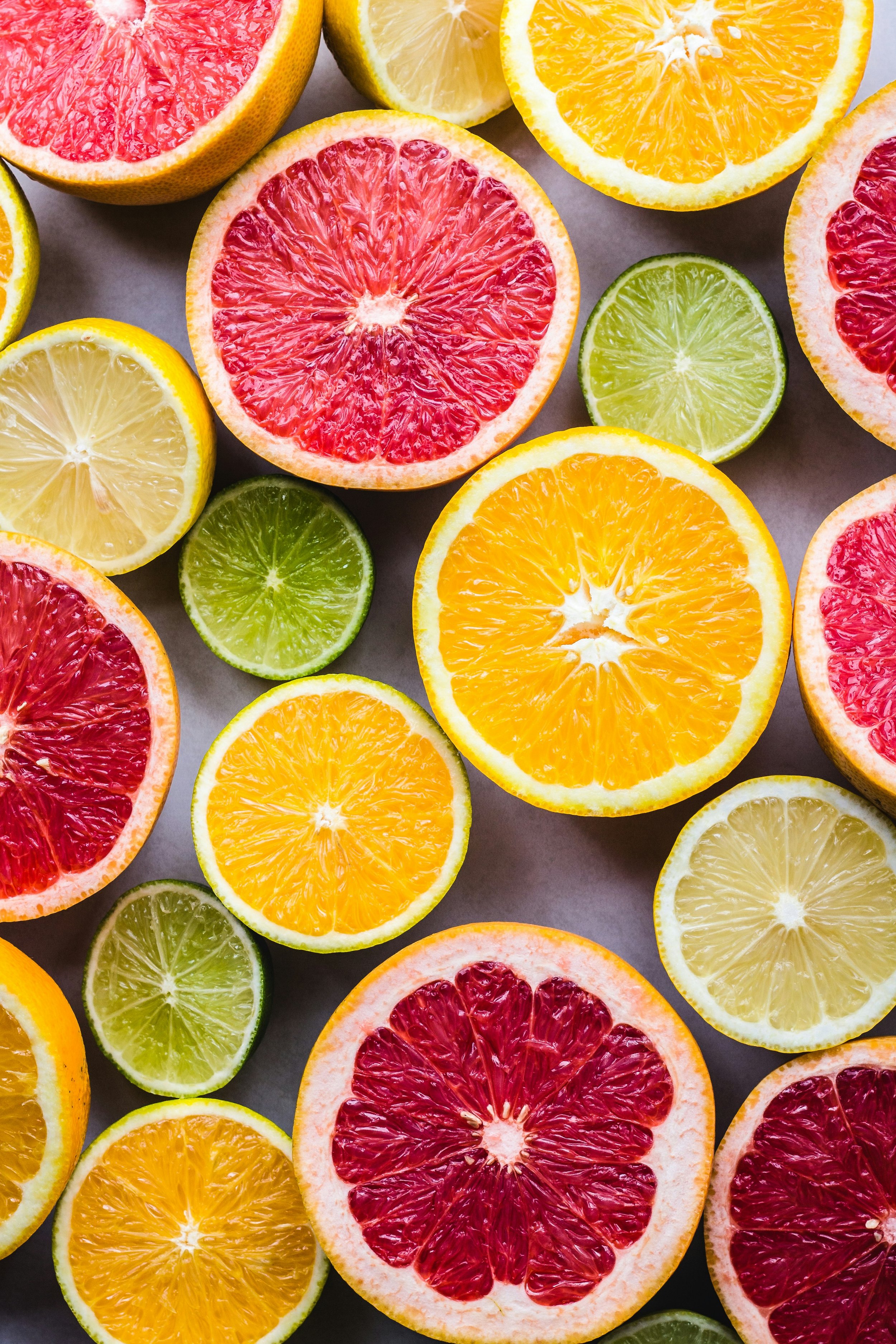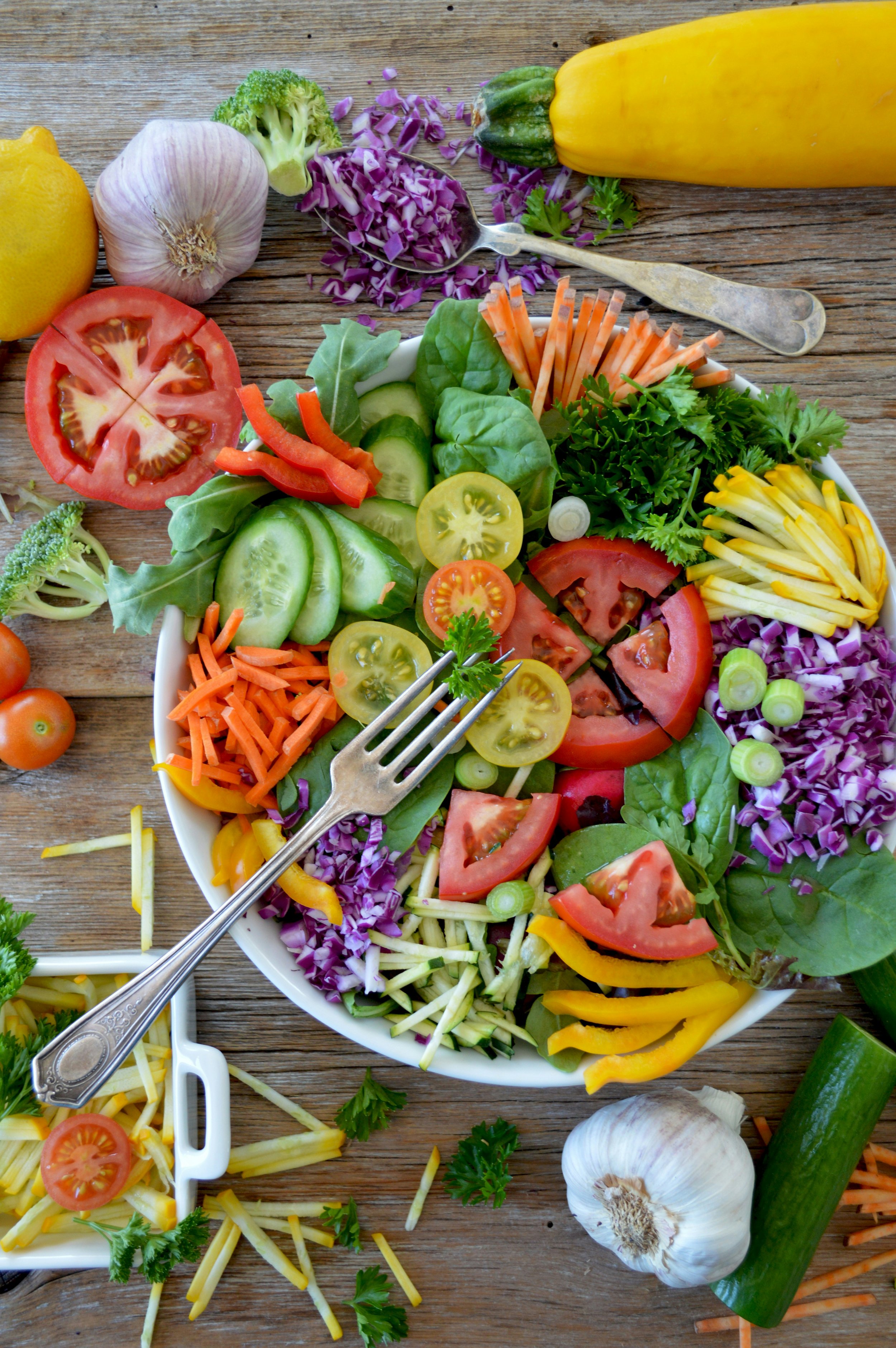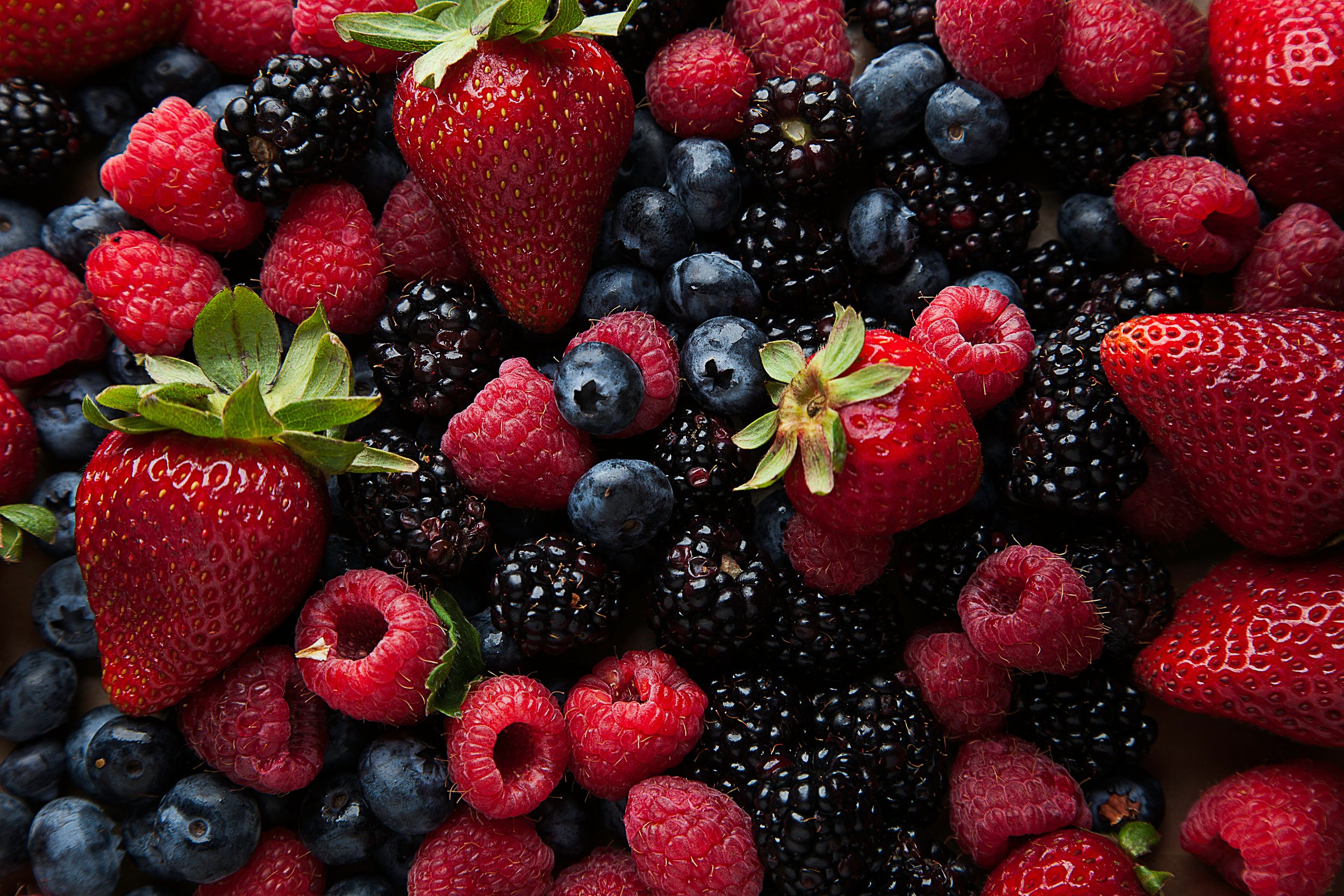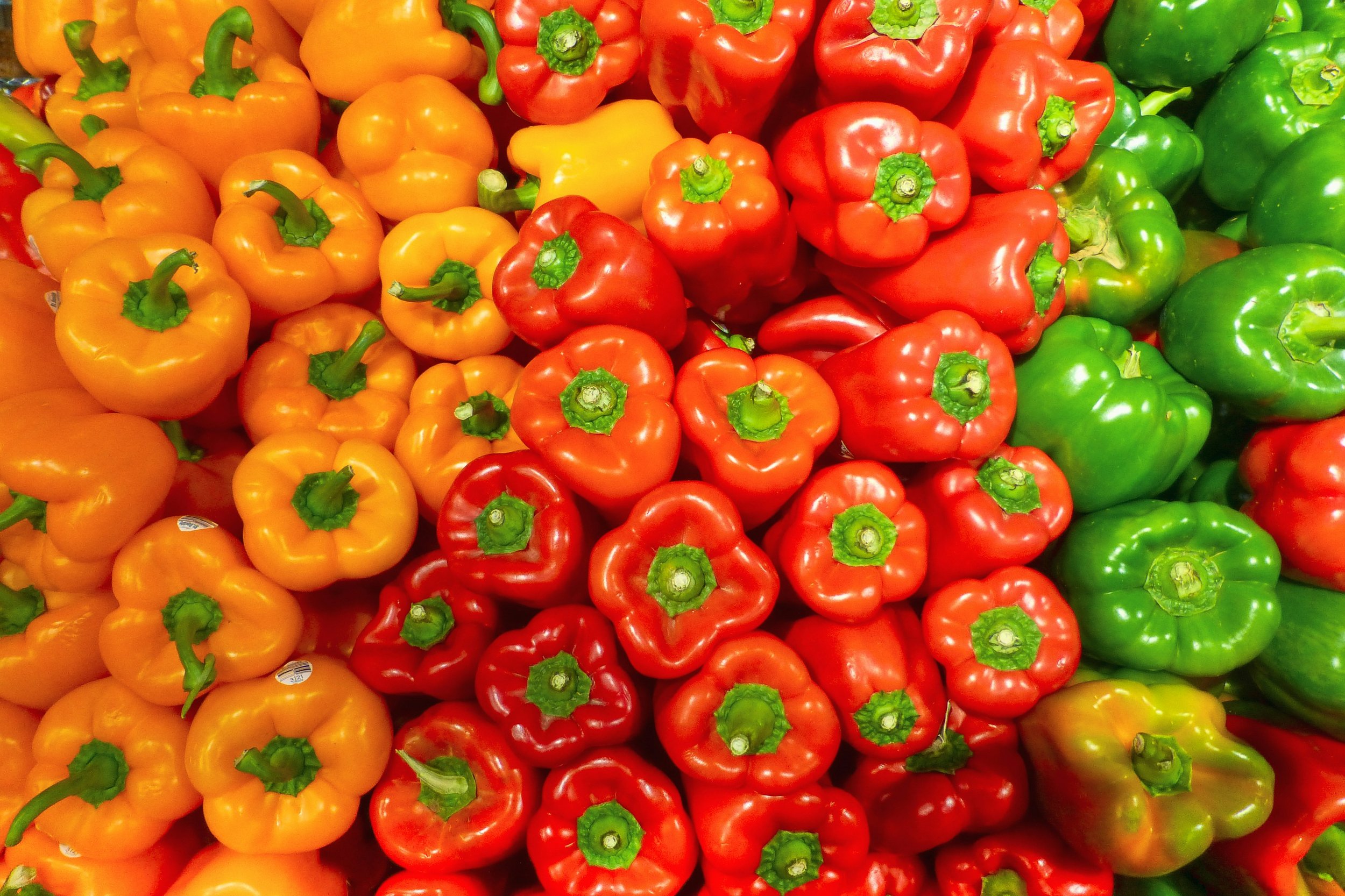Week 6… “WATer” You Drinking?
A question I have always asked my patients is, what are you drinking to keep yourself hydrated? Their answers typically included coffee, juice, soda, sports drinks and alcohol. And usually the following statement: “I don’t like water, so I don’t drink it”. This was so common among my patients that I began to include information to them on the importance of hydrating and the associated health benefits. Many suffered from chronic pain, inflammation, over-use injuries and overall poor health. And several were mildly dehydrated without even realizing it.
Hydrating your body is one of the most important lifestyle habits you can do on a daily basis! Did you know that most of your body is water? The actual amount of water in the body varies slightly with age, sex and hydration levels, but on average it makes up 60% of the body. Adequately hydrating your body everyday is critical to your health and plays a part in almost all body functions including temperature regulation, cellular function and waste removal. In order to maintain the balance of water in the body, it is important to drink fluids throughout the day, especially water.
We often hear you need 8 glasses of water per day to adequately hydrate. While I think that is a good general goal, it is actually less than what the Food and Nutrition Board at the Institutes of Medicine recommends each day for generally healthy people based on age and sex.
Men- 3.7 liters (125 oz) = 15 (8oz glasses)/day
Women- 2.7 liters (89.9 oz)= 11 (8oz glasses)/day
In addition to age and sex, there are other factors that impact the amount of water you need. Activity level, overall health, pregnancy, breast feeding, and certain health conditions such as congestive heart failure or renal disease all play a role in how much water the body needs.
Not getting enough fluids in your body results in dehydration. Symptoms such as headache, dizziness, digestive problems, mood change, decreased memory, or difficulty processing information may be temporary signals that point towards mild dehydration and often can be improved once the body is rehydrated. If not addressed severe hydration can occur and medical attention is required as it can lead to more serious problems such as confusion, kidney failure, heart problems and possibly death.
It is well known that drinking water is the best way to hydrate. Unlike many other popular drinks, water combats dehydration without added calories, sugar and artificial ingredients that can lead to weight gain and inflammation. In fact one can of soda can have as much as 32-38 grams of sugar which is equivalent to 8-10 teaspoons! That one soda already meets or exceeds the American Heart Association recommended daily amount of sugar intake of 24-36 grams. Here are some other benefits to drinking water:
Aids in digestion
Normalizes blood pressure
Cushions joints
Flushes bacteria from your bladder
Regulates body temperature
Maintains electrolytes (sodium) balance
Reduces appetite. Studies show that drinking 16.9 fluid ounces of water before meals can reduce appetite and promote weight loss.
Reduces intensity and duration of headaches. Studies show that adding 50.7 fluid ounces of water to your daily diet may reduce the intensity and duration of headaches.
Improves mood. Even mild dehydration has been shown to negatively impact mood.
While water is the best way to hydrate, you can also get fluids from water-rich foods. In fact twenty percent of your overall intake can come from food. Here are some examples of hydrating fruits and vegetables that are also filled with fiber, vitamins and minerals which help promote health. As I spoke about in Week 3…Color Your Plate the health benefits of fruits and vegetables are abundant!
watermelon
strawberries
canteloupe
grapefruit
oranges
peaches
rasberries
cranberries
apricots
cucumbers
celery
greens
tomatoes
bell peppers
Adequate hydration is so important to your overall health and well-being, and when it becomes a part of your daily lifestyle, you will feel and see the benefits. Mental clarity, improved skin tone, better digestion, improved healing, and less inflammation are all benefits that can happen with consistent and adequate hydration.
If water isn’t your favorite and you just can’t seem to bring yourself to drink it, try incorporating these other water packed healthy options:
Green Smoothy
Watermelon Juice
Coconut Water
Cucumber Juice
Bone Broth
Milk
Hot Tea & Iced Tea
Sparkling Water without added sugars or sweetners
And, if you are wanting to increase your water intake, try following these daily tips:
Keep a reusable water bottle with you throughout the day. It will serve as a visual reminder and you can take it everywhere you go.
Replace other drinks such as sugar filled sodas and sports drinks with water.
Drink 1 glass of water when you wake up in the morning and before each meal.
Flavor your water using a fruit infuser. Popular flavors include lemon, cucumber-lime, strawberry-kiwi. and basil with any fruit.
Reduce alcohol intake. Alcohol is a diuretic that can dehydrate you. The American Heart Association recommends if you drink alcohol to limit consumption to no more than 2 drinks per day.
Water is life giving and that is no exception when it comes to your body and brain. I encourage you to add this simple habit of adding water and water-rich foods to your daily life. You won’t regret it and you will reap the benefits not only now but also as you age.
If you are just catching this blog now, be sure to go back and read the first five weeks of 8 Weeks 8 Habits to Health that highlight other important lifestyle habits focused on fueling the body, exercise and simple tips you can start using now to improve your overall health and well-being. If you are interested in getting individual help to implement these lifestyle habits and others, check out my services. It would be my honor to work with you and help you find your path to better overall health and well-being.





